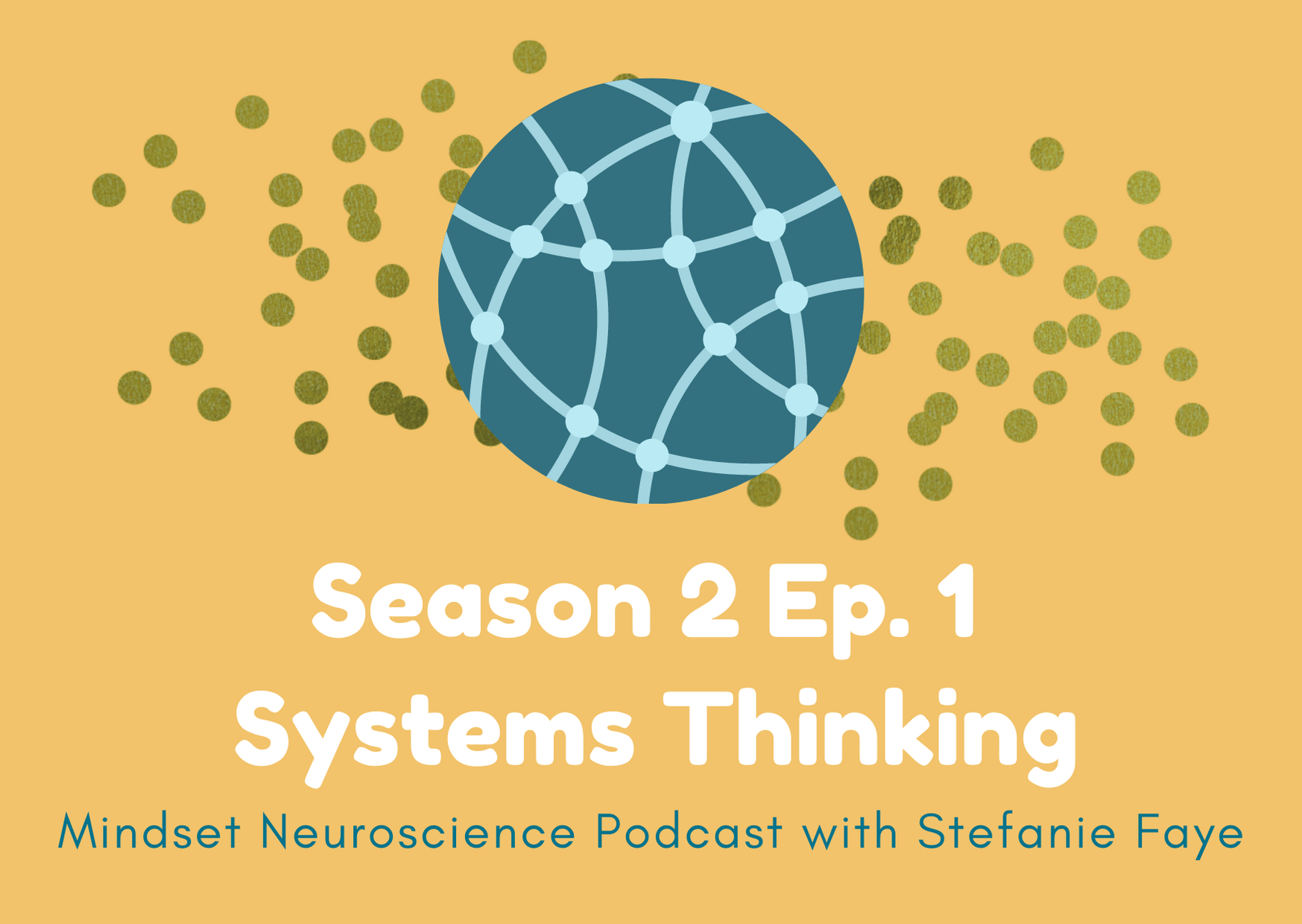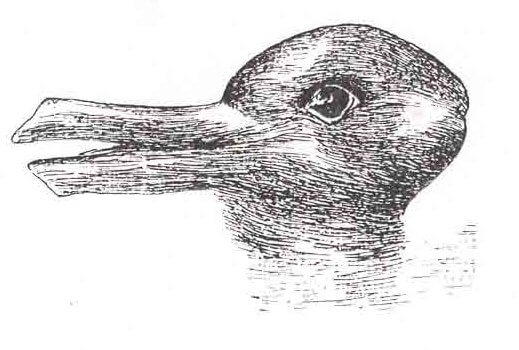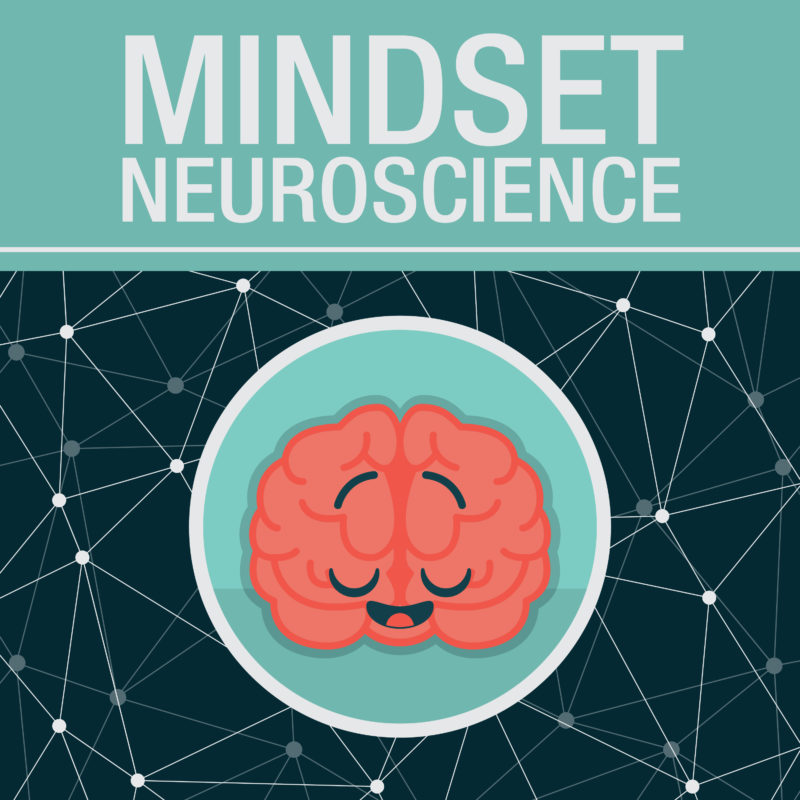
This episode focuses on the idea of systems thinking, and how we can use this 'lens' or paradigm as a way of expanding our thinking so we can see new ideas for solving challenges in our life and in our society.
Sources cited:
Santa Fe Institute
Russell Ackoff
Gordon Neufeld
Can we stop repeating the past by perceiving reality in a new way?
Everything you perceive with your senses, you perceive through a filter that was built in your past.
Each one of us has built up neural networks and sensory thresholds that are unique to us, and our mind-brain-body uses our past to create 'predictive models' about how the world works. What people's intentions are, what things and people are appealing or repulsive to us.
Our brain filters information in a way that 'fits' with what it predicts. This can make us become very repetitive, tied to our past and not able to see new opportunities or explanations to things.
These models are influenced by our first encounters with a very small group of people who see over and over again.
And these models are also influenced by our culture and the subcultures we are a part of.
When we try to predict or understand human problems and behaviors without thinking about all of these other systems that influence us, we are distorting the 'lens' we look through. We aren't getting the bigger picture.
This 'lens' we look through is another word for 'paradigm'.
The latin roots of the word paradigm are to 'show beside'. Or 'show side by side'.
Sometimes we don't realize how much we are missing from what we perceive until we are shown a contrast or a new, or higher, wider, bigger perspective.

Duck-Rabbit Illusion, Public Domain, https://commons.wikimedia.org/w/index.php?curid=667017
The idea of paradigm shift was made famous by Thomas Kuhn, a philosopher and physicist, in his book The Structure of Scientific Revolution. The 'Duck-Rabbit Illusion' is a famous example of how we can see something one way, but by focusing in a new way, we can see something completely different.
In Season 2, we are going to look more deeply into the idea of what paradigms or lenses are dominant in our world and in our lives, and how these influence our choices and interactions.
In Episode 1, we'll go into the idea of 'Systems Thinking', which is a paradigm shift from a world view that has dominated science and much of the ways we try to make improvements to things like education or within organizations - often without much success, because we are using a framework that doesn't actually make much sense when we are dealing with something as complex as human beings.

